Couples Therapy in the Context of the October 7 War: Voices of Israeli and Israeli-Palestinian Therapists
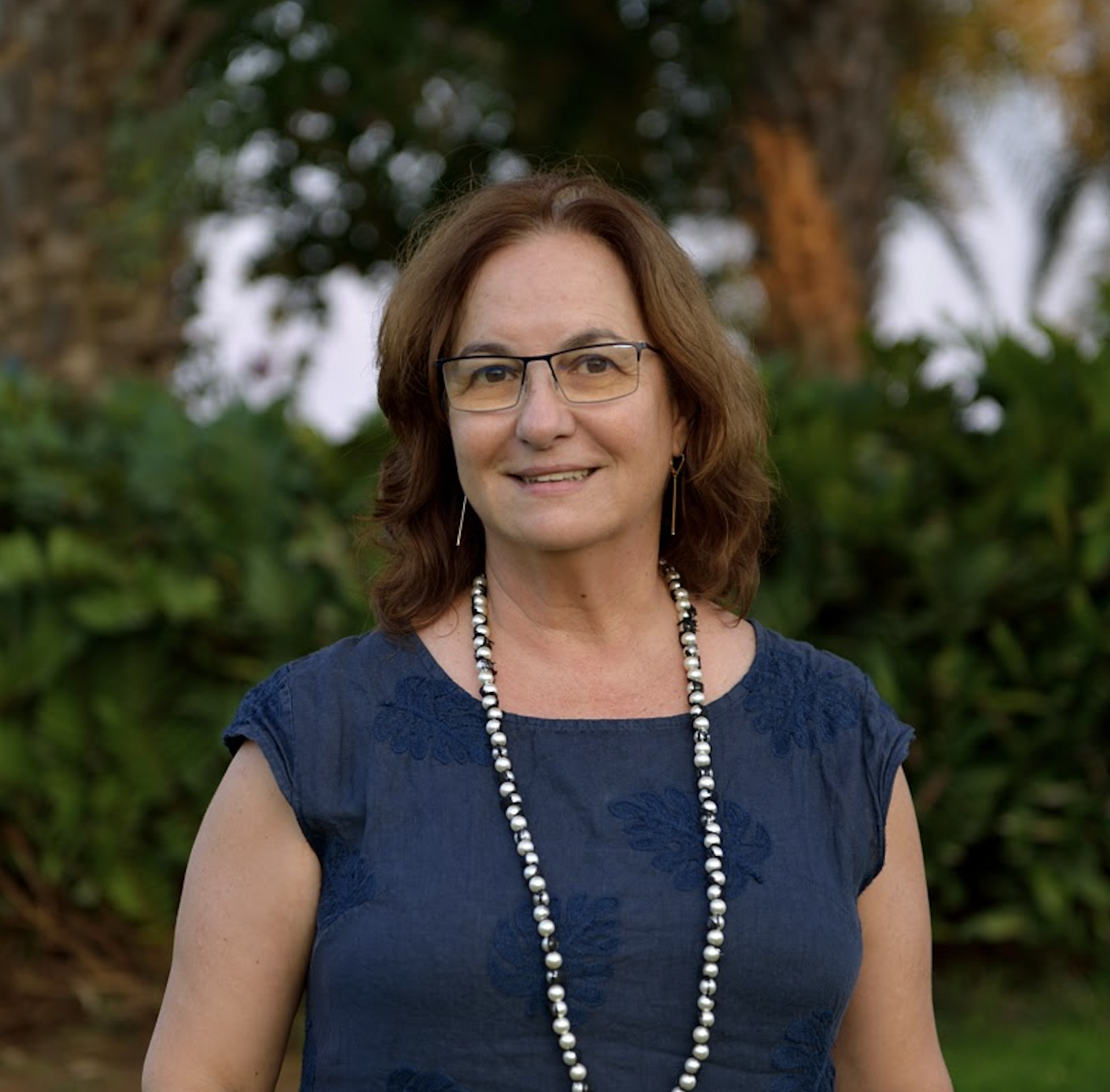 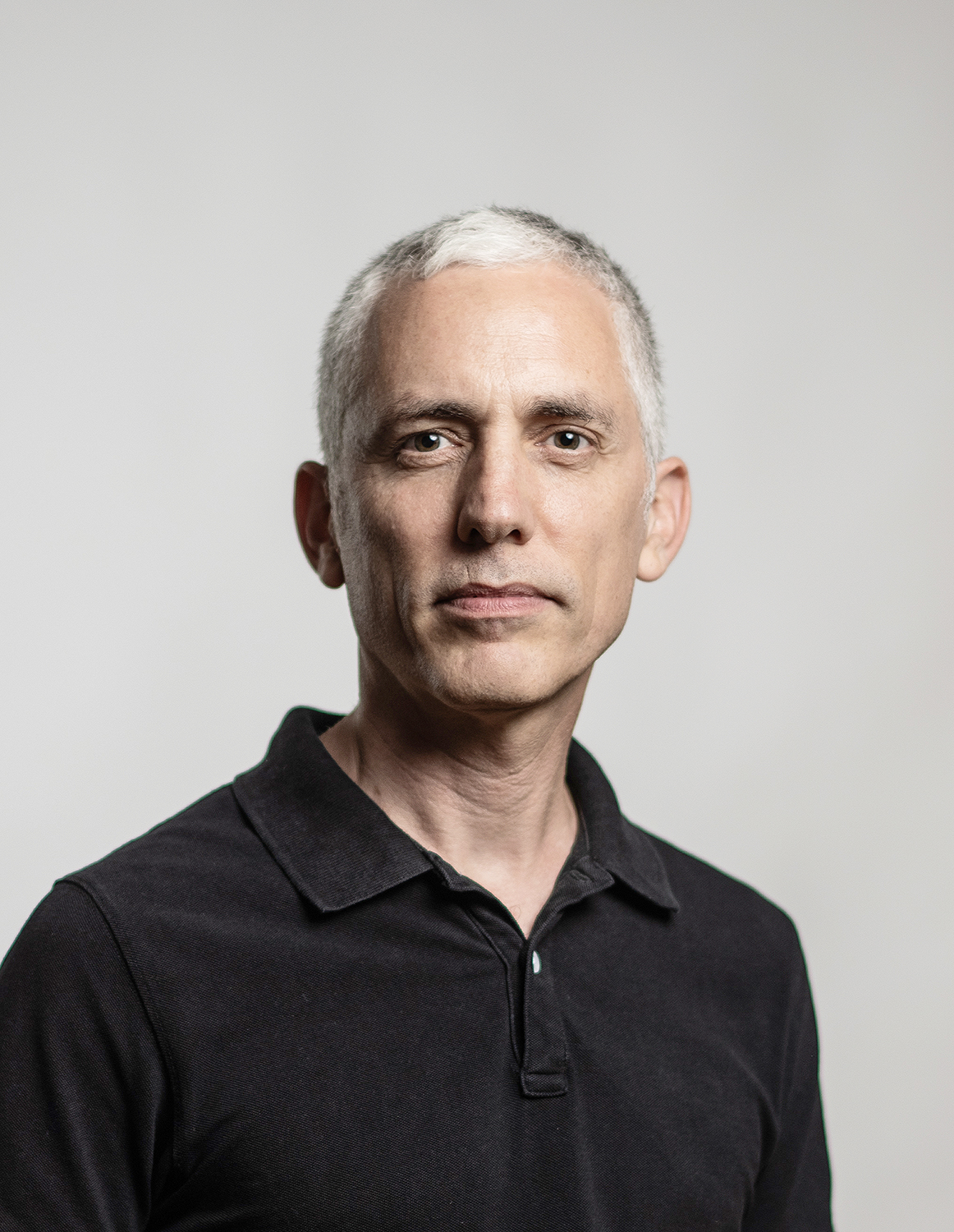 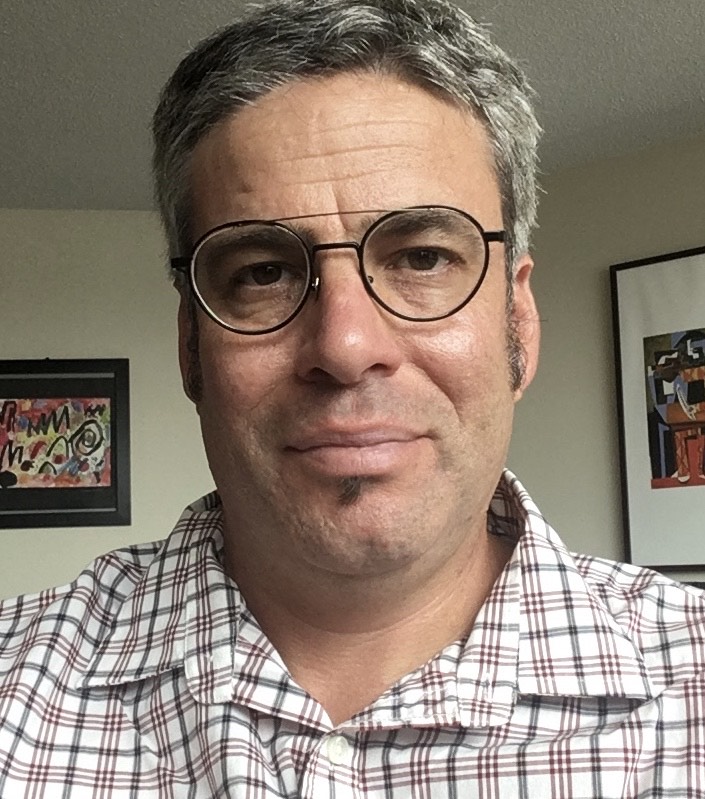 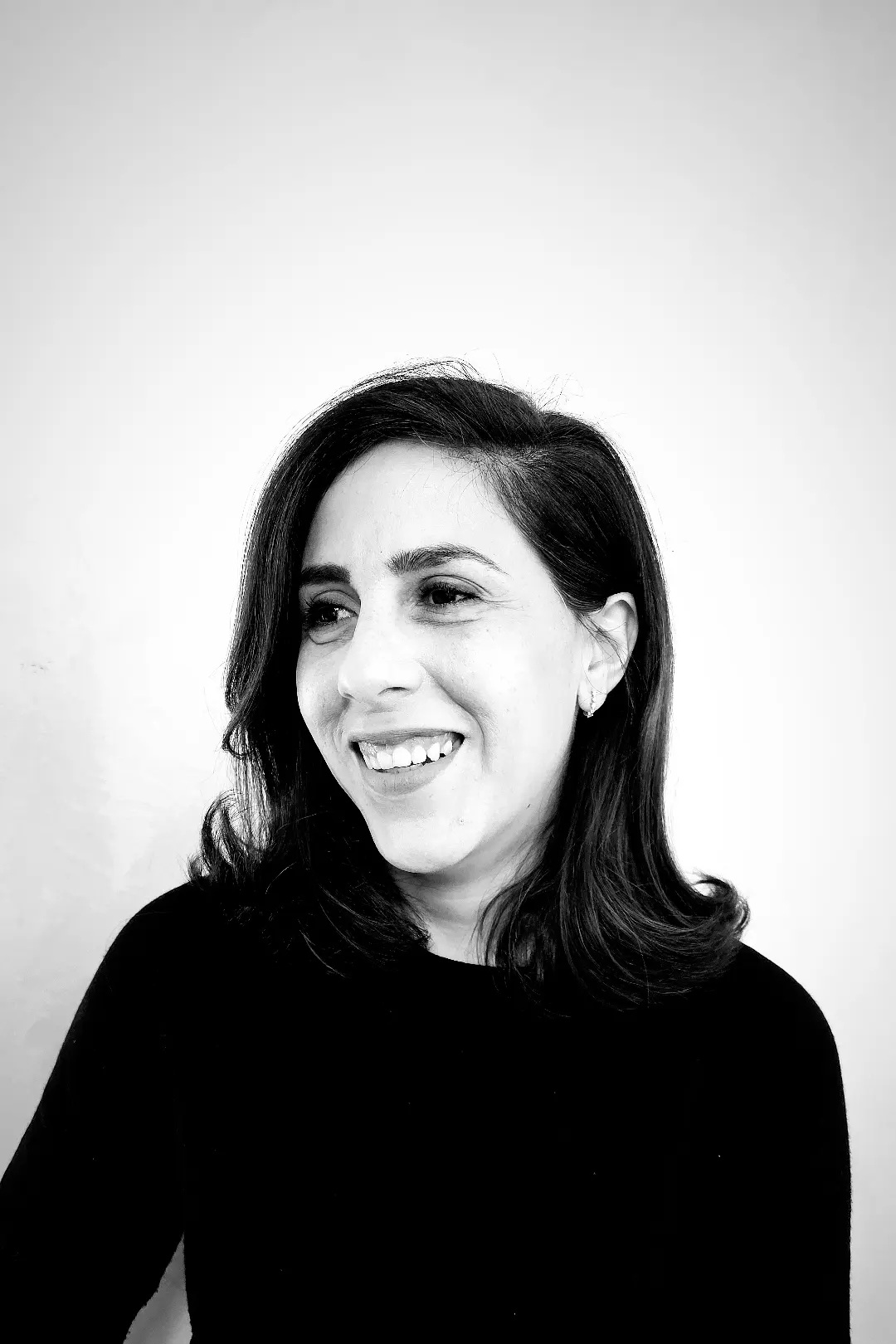
Presenters: Irit Kleiner Paz, PhD, Yochai Nadan, PhD, Ron Nasim, PhD, Nasreen Nashif, M.A.,
Social Work, PhD candidate
This year in the couples interest group we are honored to host colleagues from Israel (both Jewish and Palestinian) who will explore the nuanced dynamics of Israeli-Jewish and Israeli-Palestinian couples in the context of the October 2023 War. Acknowledging the shared context of conflict, presenters will explore the unique challenges faced by each community within the complex sociopolitical landscape. Drawing on real-world experiences from acute stress and long-term therapy, they will analyze the interplay of cultural, historical, and political factors that influence the dynamics of these couples. The focus extends to understanding the resilience and ruptures that occur during wartime, with emphasis on the experiences of both Israeli and Palestinian couples from Israel. Issues will be addressed that arise from the intersections of ethnic matching, gender dynamics, and the professional positions of both the couple (Jewish/Palestinian) and the therapist (Jewish/Palestinian). The presentation incorporates insights from presenters' publications on working with couples with trauma histories. Presenters aim to provide a comprehensive understanding of the complexities inherent in therapeutic interventions with couples affected by war trauma and political conflict. Following these reflections, interest group members are invited to explore these issues as we all try to learn from the painful and important work of our colleagues in Israel.
Recoupling in Mid-life and Beyond: From Love at Last to Not So Fast
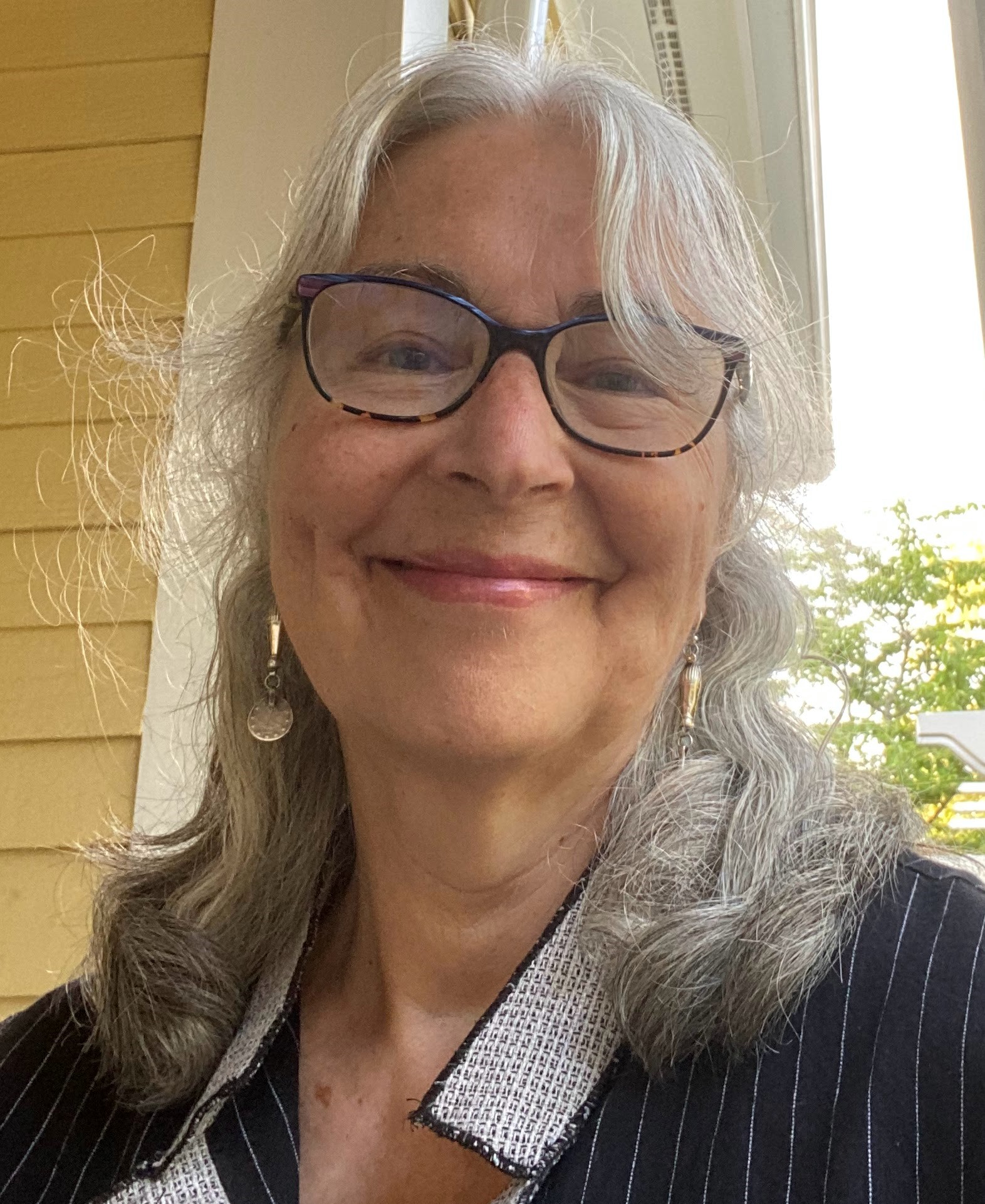
Presenters: Patricia Papernow
Stepfamilies are a fundamentally different family form that creates major challenges for all involved (including therapists). Four-plus decades of research and clinical practice tell us what works for thriving stepfamilies, and what doesn’t. Critically important, what works is often quite different from first-time families. But there’s a problem: Although 42% of Americans have a close stepfamily relationship, few clinicians receive any training in working with stepfamilies. This leaves most clinicians using their first-time family maps – a little like driving around LA with a map of Indianapolis! This SIG will share some of what we know, focusing on the growing numbers of later-life stepfamilies looking for our help. 40% of couples over 50 live in a stepfamily! The divorce rate in the US is at a 40-year low. Except over 50 where the rate has doubled. What we are now calling “grey divorce” is very often followed by grey recoupling. The fantasy is, “The dog is dead. The kids are out of the house. It’s just us.” In fact, later-life recouplers find themselves facing the same challenges as their younger counterparts, often intensified by decades of intergenerational relationships. We’ll begin with a short didactic about later-life stepfamilies, including some attention to (frequently occurring) fraught relationships between “grey” dad recouplers and their very unhappy adult daughters. We’ll share some of our own experiences and help each other with any we’re struggling with. (We may touch upon painful divisions over elder care, end-of-life decision-making and inheritance in both grey recouplers and longtime stepfamilies.) Learning Objectives: Participants will: (1) Describe some of the challenges faced by later-life recouplers; (2) List of some of what we know works, and doesn't, to meet these challenges; and (3) Describe therapeutic approaches to "fraught father-daughter" relationships.
Teaching, Training, and Supervision in Systemic-Relational Practices: The AI Turn
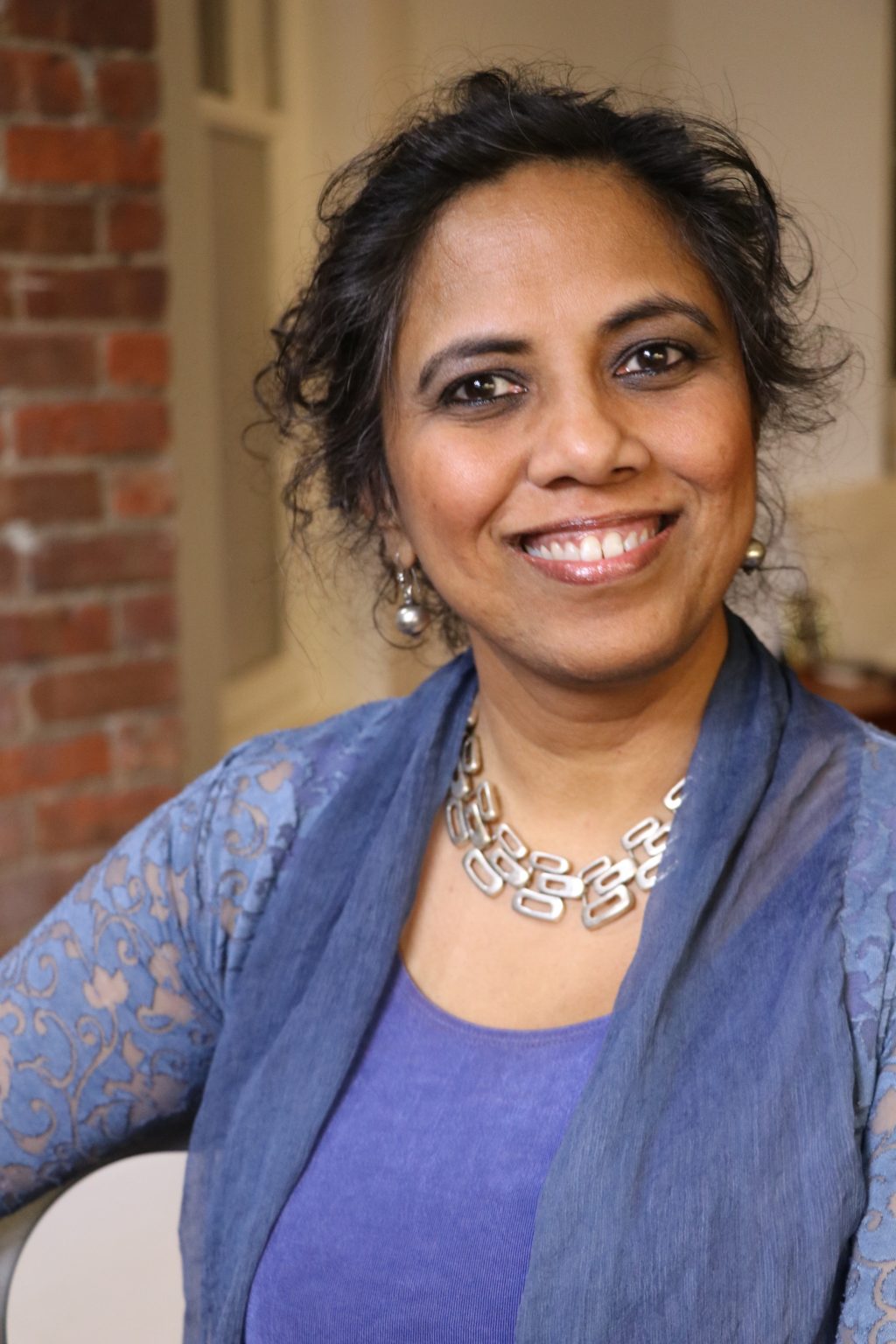
Presenters: Saliha Bava
AFTA has been a home for systemically oriented teachers and trainers who share philosophies and practices of teaching and learning as they reflect together. It’s in that spirit, that the Teaching. Training and Supervision in Systemic-Relational Practices IG is being formed. Our aim is to provide a space for us to reflect together on the challenges and possibilities for current day learning, teaching and training. We invite all voices—trainees, trainers, researchers, practitioners—as we are all learners on this relational journey of systemically engaged practices in teaching and learning. Join the conversation and shape the conversations. Every year we will take up a theme for the conference and craft ways to stay engaged, in the interim, in support of each other’s efforts.
With the recent developments in artificial intelligence (AI), particularly the release of AI-powered tools like ChatGPT, the landscape of teaching and learning for systemic trainers is rapidly evolving. These advancements have wide-ranging implications for various aspects of training and therapy, including research methods, writing techniques, teaching strategies, development of training materials and processes, and therapy practices and delivery. Let’s meet-up to discuss how we are framing and responding to both challenges and opportunities of this AI-turn in teaching/training/ supervision. Experimenting with AI in real time, we will explore the following questions.
-
What potential effects of AI on families and communities should we anticipate, so that we can adequately equip our students to address them?
-
Given the multiple contexts and the rapid developments in AI-informed practices that are impacting pedagogy, practice, and training, how can we, as teachers/trainers adopt an intersectional perspective that accounts for the complex relationships between various social identities, power structures, and AI-influenced environments?
-
How can we prepare trainees to be digitally literate and bring forth a critical gaze to AI-informed practices as it shapes the nature of therapeutic engagement (beyond teletherapy services)?
-
As AI continues to influence various parts of our lives, what new forms might systemic practice take in the next five years beyond private practice and community clinics, and how can we guide future MFTs to explore these emerging career options?
Living in Recovery
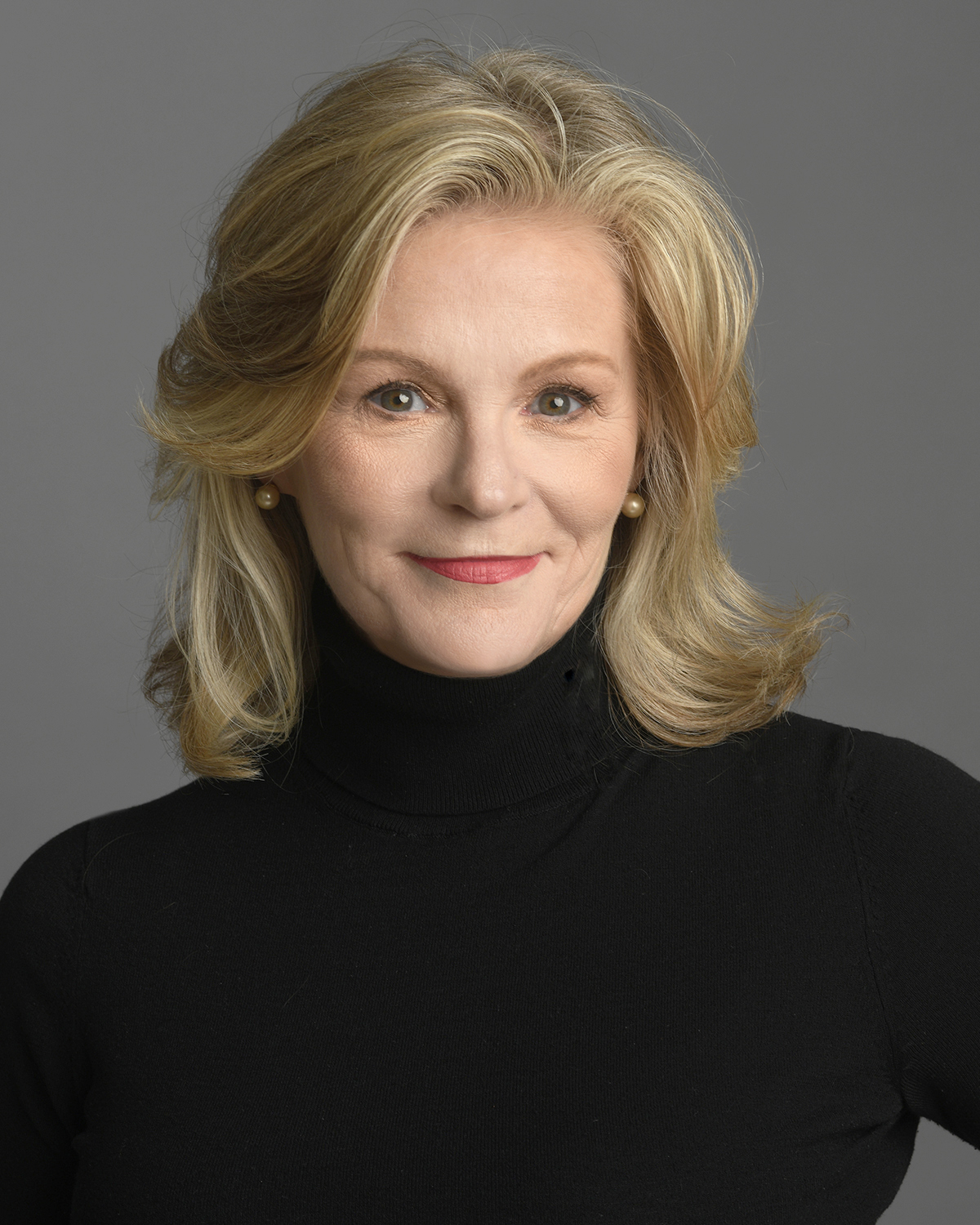 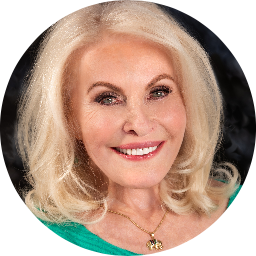
Presenters: Jacqueline Hudak & Judith Landau
Substance use disorder is a relational phenomenon. Yet our field can be stubbornly silent on living with the illness as well as the particulars of living in recovery.
This is a group for those who have personal and/or professional involvement with living in recovery from substance use, co-occurring, or compulsive disorders. Our aim is to share, both personally and professionally, the work of living in recovery. What does this entail for us as clinicians and as family members? We invite you to join us for this connection and exploration.
Murray Bowen: The Man & the Theory
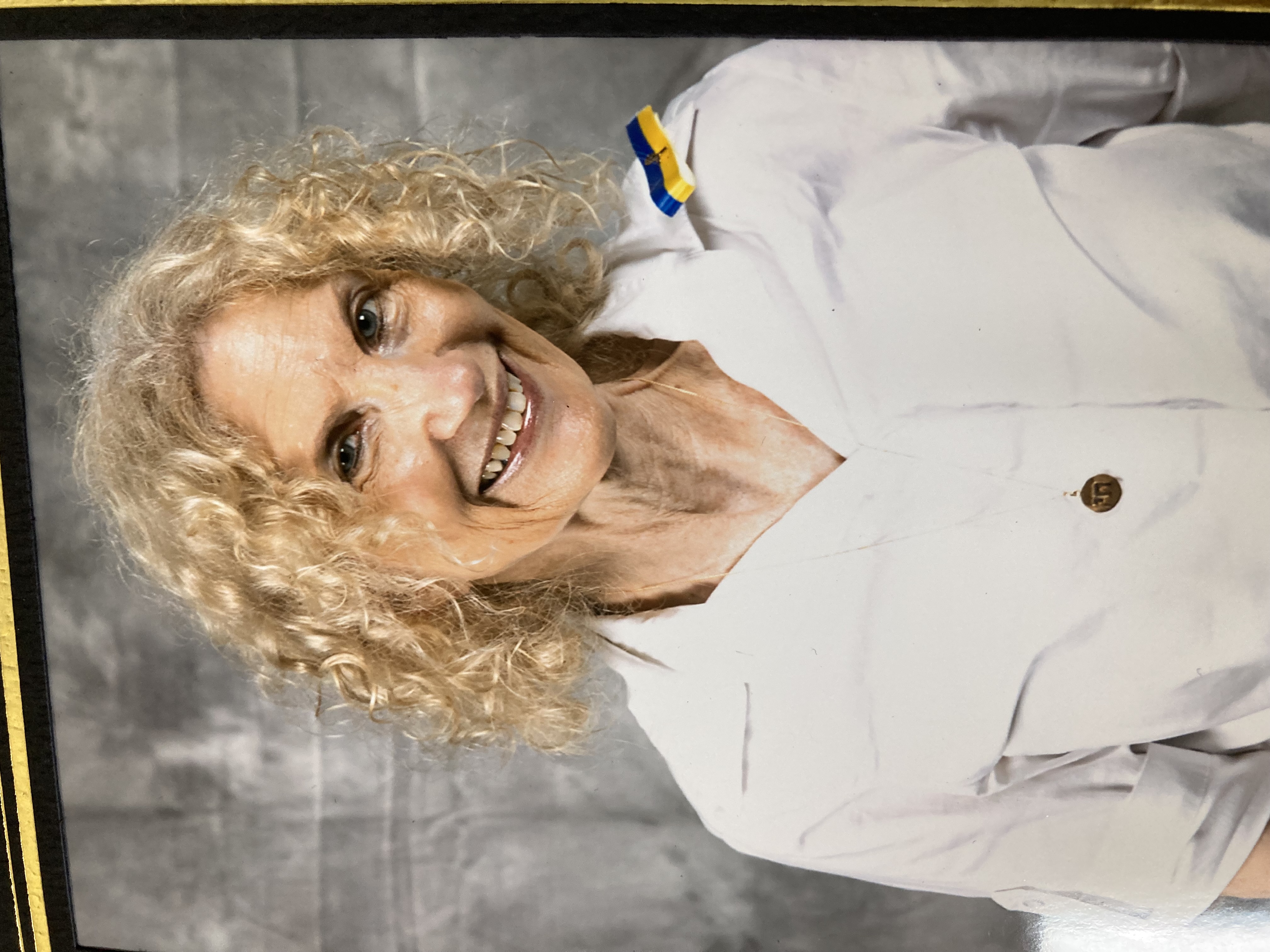
Presenter: Sally Eisen Miller
This interest group commenced at the New Orleans AFTA meeting, 2009 where Dr. Judy Bowen, Dr. Bowen's niece painted a picture of what it was like growing up as a member of the extended family and her uncle's influence in her becoming a psychiatrist. A discussion occurred which helped clarify facts from fiction in the field. Continuing with this focus over the years, invited guests have been present who studied with Dr. Bowen. They have had different research and clinical interests which provided an enriching conversation. 2024: Murray Bowen: The Man & the Theory will feature Kent Webb, LCSW, Denver family psychotherapist and leadership consultant, who has a "Practice of Inclusion." For many years, he has had a research interest in male homosexuality and has served on the mayor's LGBTQ Commission. He is vice president and Board member of the Murray Bowen Archives Project. He also runs The Leadership Edge, a unique, cutting edge, science-based leadership development training program which is highly rated by participants as dynamic and transforming.
Utilizing the Arts, Humanities and Creativity in Therapy
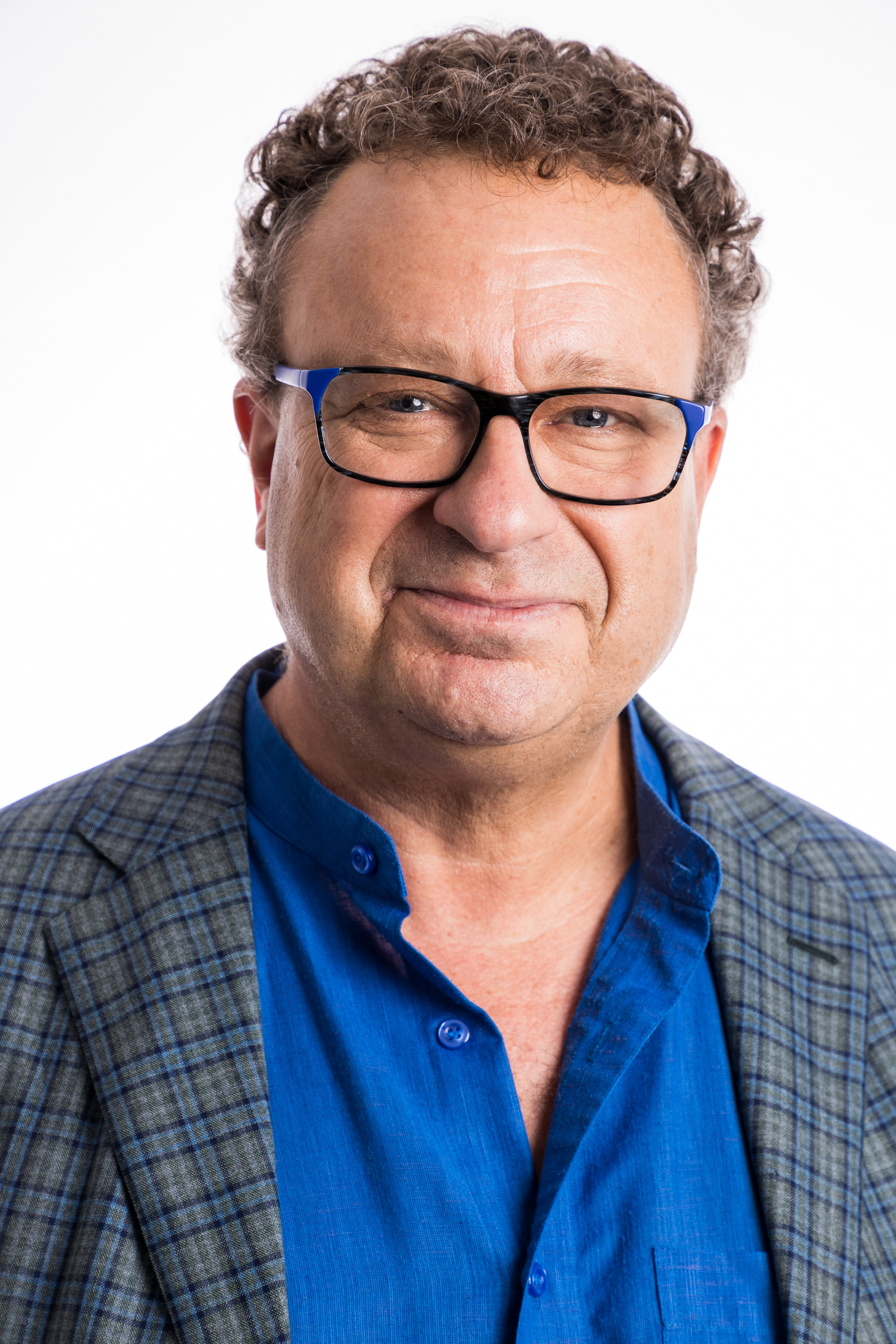 
Founding Members (2024): Peter Fraenkel and Saliha Bava (co-chairs); Jack Saul, Gonzalo Bacigalupe, Anne Bernstein, Tim Baima, Jayashree George, Joellyn Ross
In his book Consilience Theory: The Unity of Knowledge, biologist E. O. Wilson proposes that the sciences, the arts, and the humanities represent different but equally valid means of understanding the world, and that each discipline can usefully inform the other. A large body of research, including neuroscience, examines the impact of the arts on emotions, brain states, relationships, and health, both physical and psycho-relational. This interest group will focus on the various ways that therapists can integrate the arts (music, spoken word/rap, visual arts (including painting, sculpture, photography, graphic design, architecture, crafts, dance, theater); the humanities (poetry, literature, philosophy); and creativity in couple and family therapy theory and practice, as well as training, while maintaining a respect for science as the basis for therapeutic intervention. Engaging couples and families in a playful manner that draws on the products of the arts and humanities and that stimulates creativity and spontaneity allows the therapeutic process to break out of stereotypical scripts and increase effectiveness. The founding members of this group have all reflected on, and in some cases, utilized these resources in therapy with couples, families, and communities. Several members have written about their work in this domain. In this first meeting of the group, we will invite attendees to speak about the ideas and practices in integrating the arts, humanities, and creativity in therapy theory and practice.
-
Attendees will be able to list at least three ways in which music, visual arts, dance, or theater have been incorporated into systemic theory and practice
-
Attendees will be able to list at least two ways in which poetry, literature, or philosophy have been incorporated into therapy practice
-
Attendees will be able to list at least three ways that the spirit of creativity can transform the therapeutic encounter
-
Attendees will be able to list at least two ways in which having students of couple and family therapy reflect on their experience of the arts, humanities, and creative endeavors enlarges their therapeutic skill and sensitivity
Family Constellation Work & Trauma
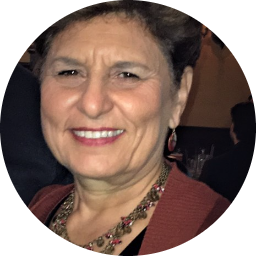
Presenters: Linda Longo-Lockspeiser
When Death is permitted to be Alive in Therapist, Client, and the Therapeutic Process a miracle occurs. Anxieties vanish. Depressions lift. Bipolar disorder and Schizophrenia gain meaning. It's like turning on the Light when Death is permitted to enter. So how can we as therapist devoted to Healing and Life do this? Systemic Constellation Work holds Death as a steadfast companion in its application. Frequently Systemic Work highlights that a 'Death excluded'-- whether in the client’s personal history, in the intergenerational family history, or in the cultural collective history-- may become the nurturing soil for symptoms in the clients’ present day experience. What if we as a profession - well, culture-- or the entire world, included Death as its companion? Could we be better off? Would it move us one step closer to Peace in the Soul—both in the Person and in the Collective? An exploration. Learning Objectives: Participants will: (1) Recognize the natural balance of Life & Death; (2) Examine the available support to the Therapist by working with Death, and (3) Identify the healing effects of bringing Death into the therapeutic frame.
Family Therapy and the Climate Crisis
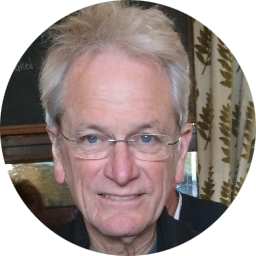 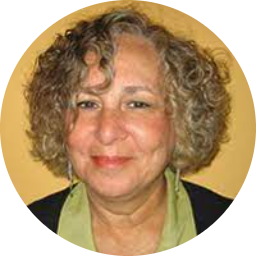
Presenters: Larry Freeman and Hinda Winawer
What makes people not deal with the climate crisis and how can therapists better handle this?
|













